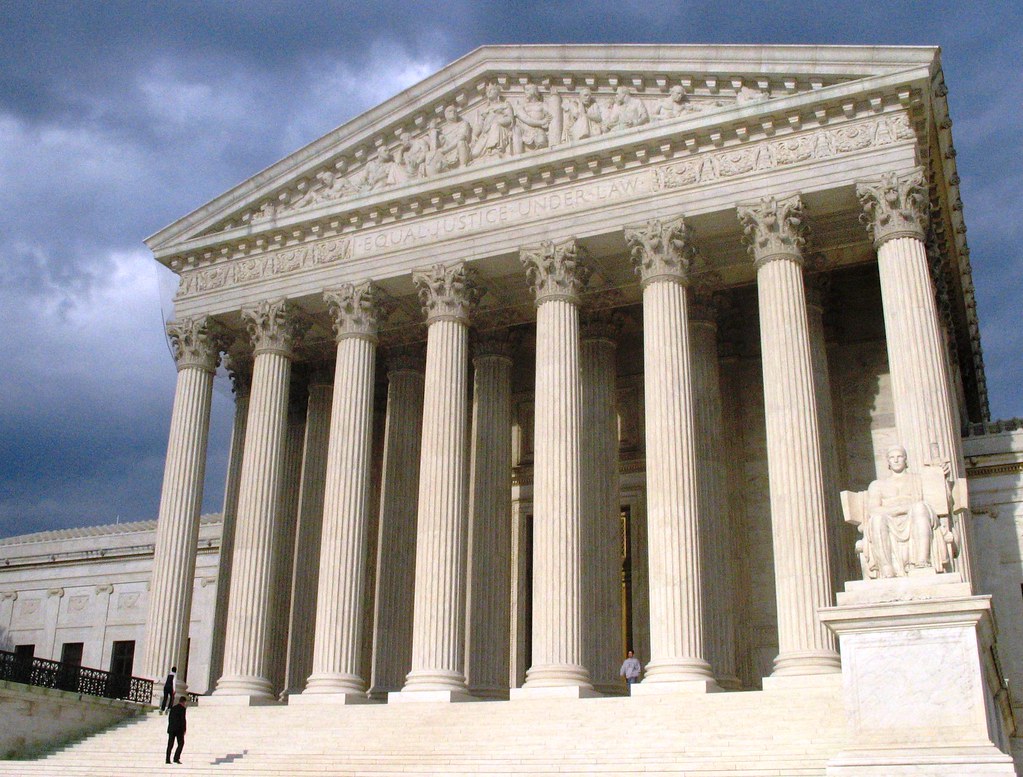Key Takeaways
- Anthony Kennedy served on the Supreme Court for 30 years.
- He resisted being called the swing vote in major rulings.
- His Anthony Kennedy memoir, Life, Law & Liberty, explains his views.
- He discussed his memoir in a frank interview with Geoff Bennett.
Anthony Kennedy retired in 2018 after three decades on the Supreme Court. Many called him the swing vote. However, he always pushed back on that label. In his Anthony Kennedy memoir, Life, Law & Liberty, he explains why. He also shares stories from key cases on marriage equality and campaign finance. Moreover, he opens up about life in and out of court.
Behind the Anthony Kennedy Memoir Label
For years, people said Kennedy decided the toughest cases. They claimed his vote tipped the balance. However, he saw himself simply as a fair judge who followed the law. In his Anthony Kennedy memoir, he calls the swing vote idea too simple. He argues every case rests on its own facts. Therefore, he never wanted that catchy label. Instead, he focused on principle and careful reasoning.
What He Shares in the Anthony Kennedy Memoir
In Life, Law & Liberty, Kennedy recalls key moments from landmark rulings. He writes about how personal stories shaped his choices. For instance, he explains why he sided with marriage equality. He also details the debate over campaign finance rules. Moreover, he describes late nights in chambers and tense oral arguments. Throughout, the Anthony Kennedy memoir shows his hope for balance and liberty under law.
How the Interview Shapes Our View
In a recent talk with Geoff Bennett, Kennedy spoke openly. He said he felt uneasy with the swing vote tag. He also admitted he feared people saw him as unpredictable. However, he stressed that the law guided him, not labels. Furthermore, he reflected on the human side of justice. He remembered families, students, and soldiers whose lives depended on court decisions.
Why This Memoir Matters Today
Today, the Supreme Court faces heated battles on privacy, speech, and voting rights. Consequently, Justice Kennedy’s approach feels vital. In his Anthony Kennedy memoir, he urges respect for individual freedom and judicial restraint. He believes courts must protect minorities and guard liberty. Moreover, his insights remind us that judges stand between power and the people. Therefore, his story still matters.
Lessons from His Journey
Kennedy never sought fame or headlines. He preferred quiet study, thoughtful writing, and careful listening. In his memoir, he offers advice for future judges and citizens alike. He calls on readers to value empathy, clear language, and respect for all opinions. Finally, he encourages young people to serve the law with honesty and courage.
Final Thoughts
Anthony Kennedy’s new memoir gives a fresh look at one of the court’s most influential figures. Through honest stories and frank reflections, he shows what it means to judge with conscience. Although he rejects the swing vote label, he acknowledges how it defined public views of him. Overall, the Anthony Kennedy memoir connects personal life to landmark law. It invites readers to think about justice, liberty, and the rule of law.
Frequently Asked Questions
What does the memoir cover?
It covers Kennedy’s life, key court cases, and his approach to judging. He also reflects on personal moments that shaped his views.
Why did Kennedy resist the swing vote label?
He believed it oversimplified his decisions. He wanted people to see his work as careful legal reasoning, not a balance of votes.
What stories stand out in his memoir?
He shares his choice on marriage equality, debate over campaign finance, and late nights working on tough cases.
How does this memoir inspire readers?
It invites young people to value fairness, empathy, and respect for the law. It shows how judges can serve liberty with honesty.
